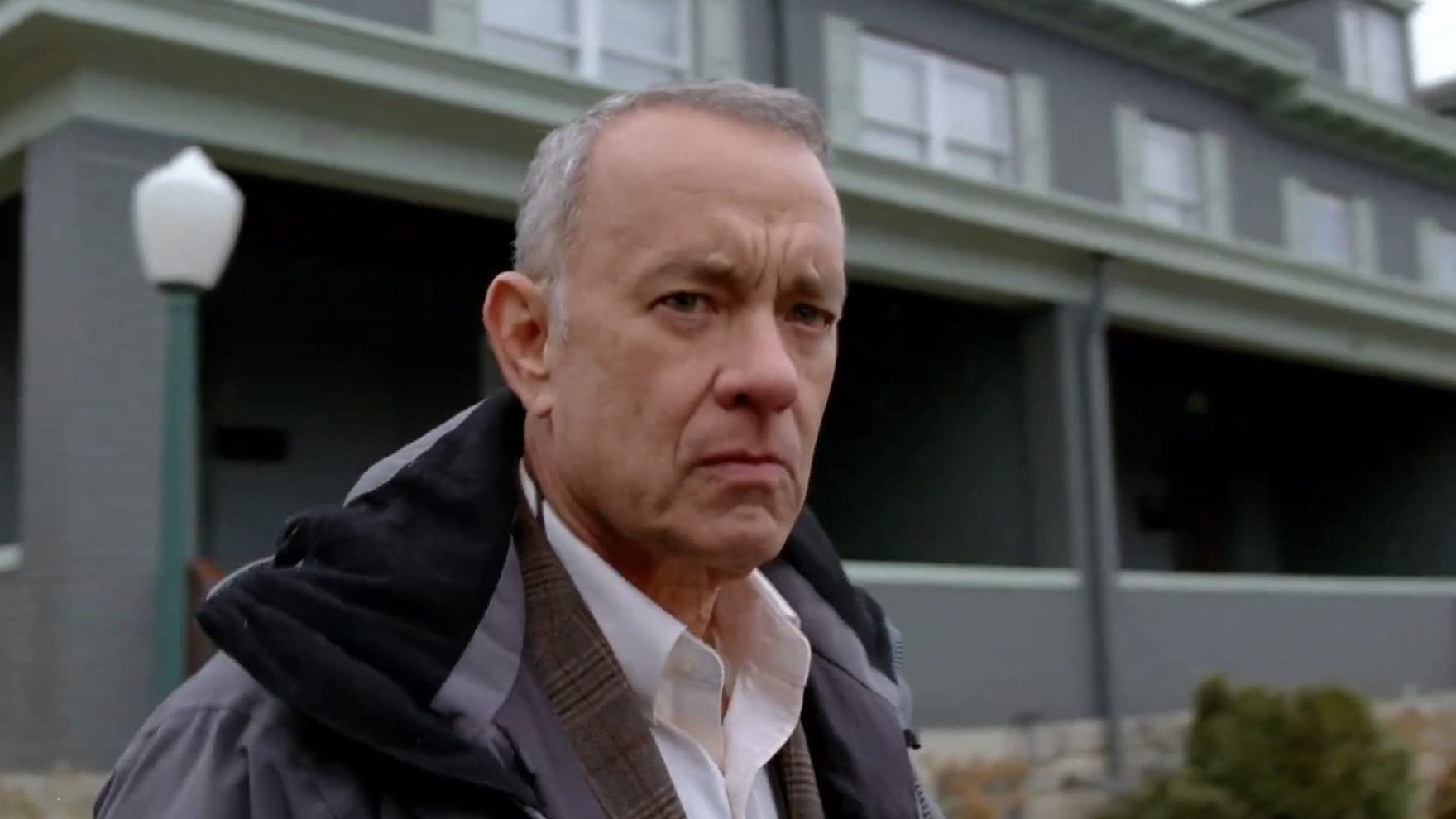Directed by: Marc Forster
Written by: David Magee, based on Fredrik Backman’s novel
Starring: Tom Hanks, Mariana Trevino, Manuel Garcia-Rulfo, Truman Hanks, Rachel Keller, Juanita Jennings, Peter Lawson Jones, Mack Bayda, and Cameron Britton
Runtime: 126 minutes
Hanks and Trevino are terrific, but ‘A Man Called Otto’ feels cliché and crowded
Otto.
Who is Otto?
Otto Anderson is 60-something years old and recently retired, but his employment ended forcibly.
It wasn’t his idea.
This retiree lives alone in a two-story patio home in Pittsburgh.
Mr. Anderson’s character is a cranky, crabby, and cantankerous combination.
His neighbors mumble “bitter old man” or “grumpy old bastard” under their breath, and with good reason, because this Pennsylvanian harbors the classic “get off my lawn” tropes, and yes, Otto literally goes there about the grass. This lonely solo artist is a damaged soul, but – initially - we don’t know the reasons that impaired his good graces.
However, director Marc Forster reveals Otto’s backstory – bit by bit throughout a 126-minute runtime - and offers opportunities for our lead – in the here and now - to rejoin neighborly camaraderie in a film with grand plans on a small stage.
The majority of the present-day cinematic activities occur within the shared-walls community, as Otto meets his collection of neighbors, who mostly annoy him to no end.
He often curtly states, “Idiots!”
“A Man Called Otto” is about one man’s - possible - healing that could shift this Gloomy Gus to an Opportune Otto.
It’s about the hopeful, positive transformation of attitude and outlook. Whether or not Anderson reaches the Promised Land of personal enlightenment, Forster and writer David Magee deliver an emotional reckoning in the third act. Moviegoers who buy into Forster’s film – based on Fredrik Backman’s 2012 novel – will embrace “A Man Called Otto” and wipe away the tears while exiting the theatre. Tears are also possible for those who do not quite approve of this 50-million-dollar production, because the movie effectively hits upon universal themes of true love, loss, grief, and friendship and holds up a mirror for the audience to repeatedly recollect their own experiences.
So, what’s the problem? The two-plus-hour film often feels forced and cliché. Sometimes, it’s a bit clumsy. “Otto” carries the grace of a snowplow (with its blade scrapping the open pavement) barreling around the Daytona International Speedway. In other words, the film reaches its goal and the finish line, but not without predictable scrapes and frustrations.
Again, who is Otto?
Well, Tom Hanks plays Otto, and that’s a big plus for this American remake of the Swedish original, “A Man Called Ove” (2015), which garnered two Oscar nominations, including Best Foreign Language Film. On a personal note, “Ove” was a bit unsatisfying for this critic due to the film’s back-and-forth narrative structure and Ove’s (Rolf Lassgard) one-step-forward-two-steps-backward patterns throughout much of the story.
(At least for me, this version has the same wearisome features. Although, admittedly, it’s been years since I’ve watched the original.)
Of course, Hanks is engaging here, and he’s playing off-type. Hanks’ Otto is snippy, impatient, and rude, but – deep down - this killjoy has a lively spirit. It’s just buried under years of aggravation. We see Otto’s present – and all its gruff glory – but his yarn has spun a few layers over the decades.
We see one from his past, an early 20-something Otto, played by Truman Hanks, and does that name spark interest?
Yes, Truman is Tom’s real-life son, and the young Hanks rightfully delivers – with an innocent, selfless Richie Cunningham demeanor – Otto’s formative adult years.
He’s delightful.
Truman’s costar - Rachel Keller, who plays Sonya, Otto’s love interest - is equally charming. Sonya and Young Otto share warm, sugary feels, but the recurrent flashbacks to the 1970s are a bit distracting because we go back so often. Unfortunately, we only see two timeline versions of Otto, so the progression between them is – basically - non-existent. It’s missing.
The movie throws in several neighbors but doesn’t devote enough time with all of them. Add a bad-land-owner thread, a random HIPAA violation, and a social media journalist investigation, and a lot is going on here. Yes, there is a method to Forster and Magee’s madness, but this film adaptation seems better suited for a television series rather than a 2-hour movie. Still, “Ove” worked for most folks, including the Academy but – again - not this critic.
However, the best 21st-century moments are with Otto and Marisol (Mariana Trevino), a mom and wife who moves in across the street. Marisol is THE neighborly muse who starts to pull Otto out of his sullen, grouchy funk, and Trevino is flat-out terrific as a friend we all could use! Hey, let’s watch an 8-hour series with Otto, Marisol and her family, and a feral cat who becomes an unlikely pal for our hero.
Still, Forster and Magee grant important, meaningful, and universal messages, and Hanks and “Ove” fans will probably and rightfully hug “Otto”. Others might need more artistic flair, nuance, or space for an additional six hours of Otto and his friends/frenemies.
Wherever you land, that’s fine. No judgment here. Just being neighborly!
Jeff’s ranking
2/4 stars

















